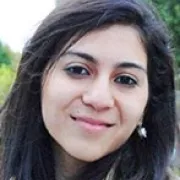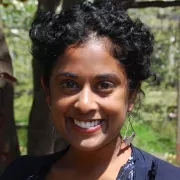Integrating Gender in Research Planning
Learn practical ways to integrate gender in financial inclusion research using Oxfam's new guidelines on Integrating Gender in Research Planning. These were recently shared with FinEquity members during a webinar in collaboration with Oxfam.
Research can open doors for more gender equitable futures. Gender analysis is built on an understanding of the differences and inequalities in the interrelated lives of women, men, and members of other gender diverse groups, often shaped by unequal power relations and norms that dictate what roles, attitudes and behaviors are considered normal or appropriate. Key themes discussed during the webinar were:
- How to ensure that research integrates clear gender analysis.
- How to review research design from a gender perspective.
- How to use a checklist of things to consider and a grading scale to evaluate where research falls on a gender research rubric, with steps to improve it.
- Additional resources to help designing and commissioning research.
About this event

Anam Parvez
Anam is a Gender Justice research lead in the research team at Oxfam GB where she provides intellectual leadership in research and data analysis on gender inequality and women’s empowerment to inform global campaigns and programs. She also advises on the different data, methods and tools for effectively mainstreaming gender in all of Oxfam's research to deliver research that is gender transformative. In particular, her research focuses on women's economic empowerment and unpaid care, social norms, ending Violence Against Women and women's transformative leadership.

Namalie Jayasinghe
Dr. Namalie Jayasinghe is currently the Gender and Women’s Rights Researcher for Oxfam America, where she contributes to a learning agenda on issues of women’s rights and gender transformative leadership. Namalie recently completed a postdoctoral fellowship at the Gender and Women’s Studies Research Center at Kadir Has University in Istanbul, where she conducted an analysis on the discourses of violence against women in Sri Lanka and Turkey. She completed her doctoral degree at the School of International Service at American University, studying the gendered impact of natural disasters in Sri Lanka.